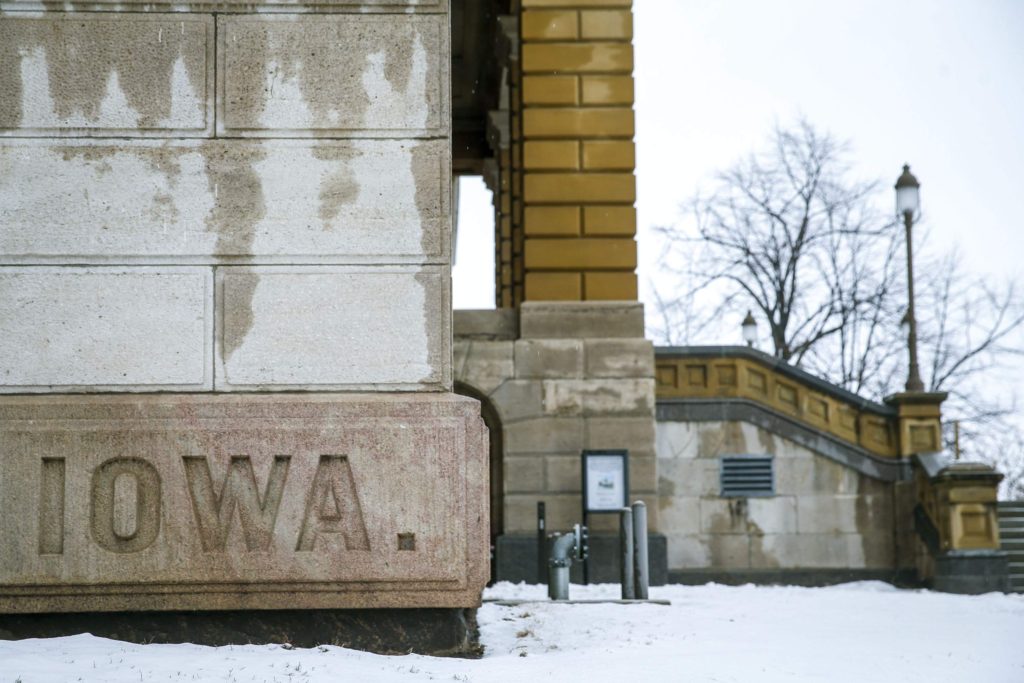Iowans need jail alternatives
County law enforcement officials are asking Iowa lawmakers to create regional triage centers for Iowans experiencing mental health episodes or an addiction crisis. It would be a much needed and smart move by lawmakers.
The six triage centers proposed by the Iowa State Sheriffs’ & Deputies’ Association would assess individuals committed voluntarily or involuntarily so that those people can receive proven treatment that’s cost-effective. Currently, these people in crisis are being funneled into highest cost care, generally hospitals, jails and prisons.
The flip side of the coin is why this is happening, and has been happening for several years. Iowa doesn’t have nearly enough treatment options for those with mental illnesses.
This was true four years ago, when I wrote a two-part series about a Johnson County criminal case. It involved a young man on the autism spectrum who faced 45 years in prison for crimes related to his obsession with a former girlfriend.

In detailing that case, I was able to use Iowa Department of Corrections statistics to highlight the number of inmates statewide who had a mental health diagnosis. My hope for this column was to use similar current statistics. However, such detail hasn’t been a part of the DOC annual report for the past four years. I’ve requested updated statistics and will circle back to those once they are received.
But what we know from fiscal 2013 and earlier is that about half of all inmates suffer from some form of mental illness. More than a quarter at state-run prisons are considered seriously mentally ill, meaning they have a diagnosis like schizophrenia, bipolar disorder, dementia and recurrent psychosis.
“This population is difficult to treat, has cyclical episodes despite stability on medication, and often has a course that shows functional decline over the years despite the best of interventions the system uses to provide stability,” the DOC report states.
It’s also the prison population that uses “significant resources” because of its need for medical and psychiatric interventions.
Previously, such individuals would have been residents at large, state-run institutions. A public rightfully outraged about abuses at such facilities prompted changes to smaller, community-based care, which is now often provided by the private sector.
But an ongoing problem is that the private sector can refuse care, and the state has divested from safety net institutes that once served as placements of last resort. What remains is a patchwork of correctional institutions — county jails, state prisons, halfway houses and more that were never intended to serve as medical facilities.
In addition to individuals whose illness has caused them to run afoul of the law and law enforcement officers tasked with mental health crisis intervention, taxpayers are big losers in this scenario. It is always more cost-efficient to identify a mental health problem and provide treatment than to wait and respond to a crisis.
Triage centers could help with identification, but the state needs to invest in additional community-based treatment options as well. Iowans suffering mental illnesses need, and should have, alternatives to jail and a criminal record.
This column by Lynda Waddington originally published in The Gazette on Jan. 7, 2018. Photo credit: Andy Abeyta/The Gazette
